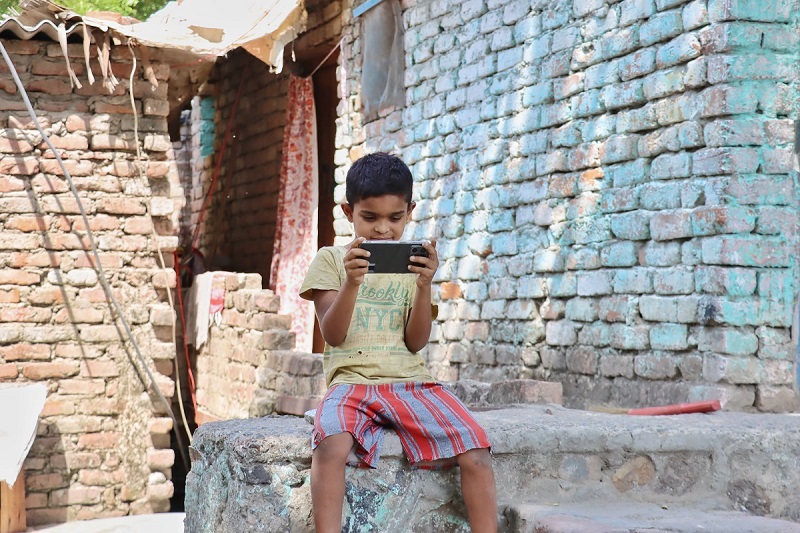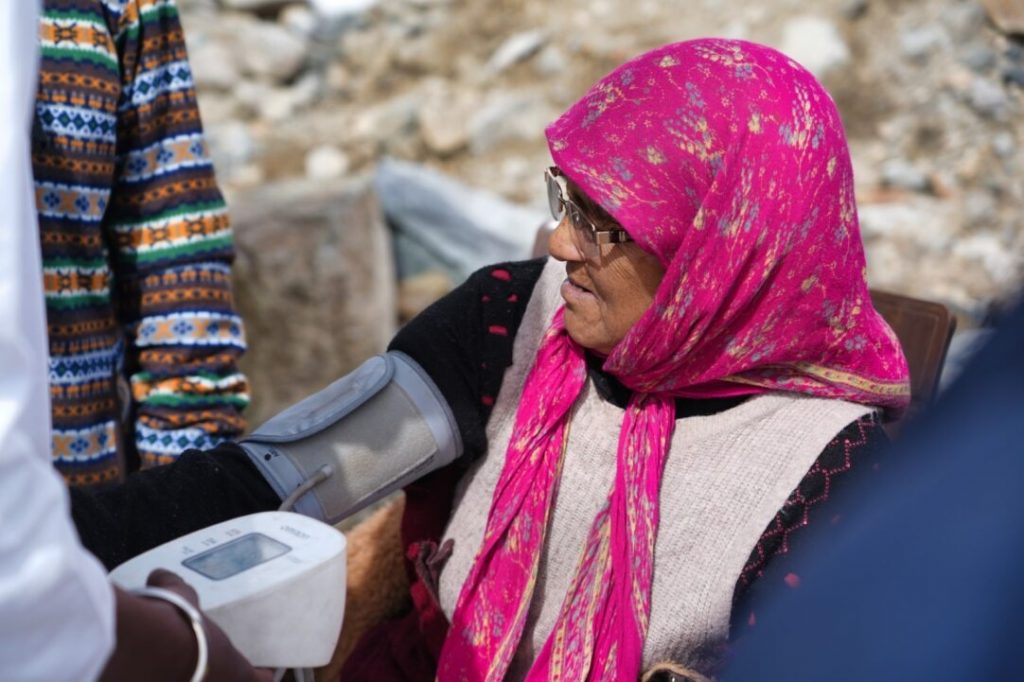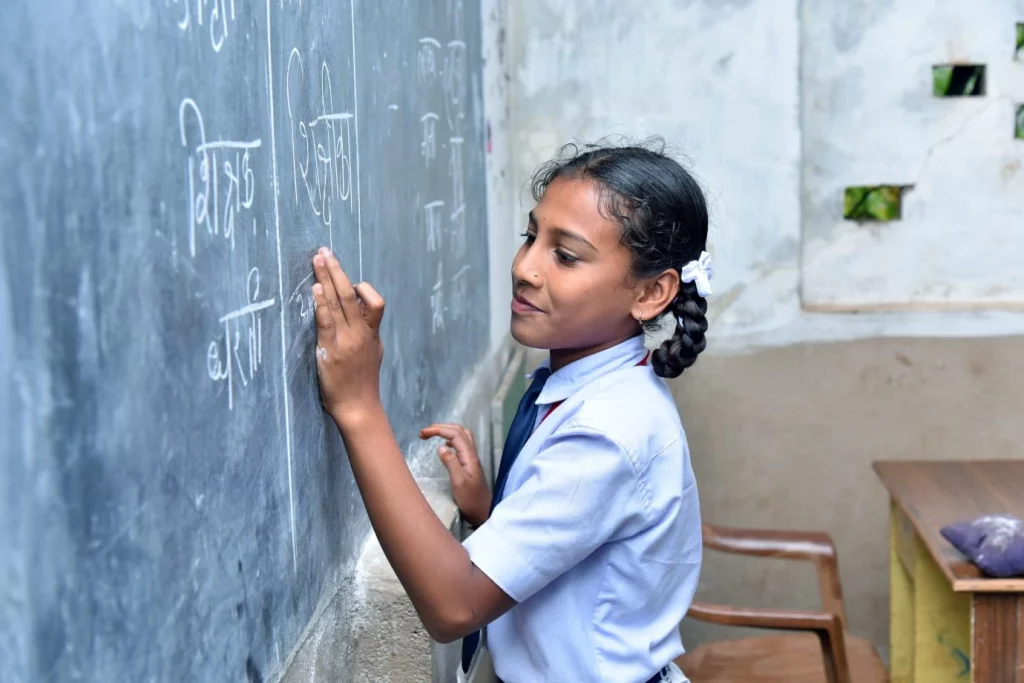Ask children and they will say that there’s this unavoidable appeal about video games. The games are enjoyable, the action is fast, and the challenges are appealing. Ask parents and they are all stressed about the negative effects of video games on children. But, it is given that the majority of children cannot avoid video games today and parents cannot completely ban them.
We also come across articles or studies that claim video gaming is not altogether bad for kids. The goal should not be to deny the child access to game devices but rather to help the child play age-appropriate games, and strike a balance between time spent playing them and time spent outdoors in physical activity or some recreational activity.
Excessive gaming, particularly violent games, has been linked to conditions such as depression, aggression, anxiety, and social phobia, according to research. So, let’s discuss some of the issues:
The Negative Effects of Video Games
Violence and Aggression
Children’s frustration, irritation, yelling, arguing, and violence have been linked to video games. Video games in which children seek out enemies or complete quests cause them to react quickly, violently, or aggressively.
As a result, a minor bump or push at school or in the park or a small argument may cause them to react similarly in real life. They may even react violently, i.e. hit back, in such situations.
Extreme violence in video games can desensitize children to such violence, leading to emotional problems.
Violence in Video Games as compared to TV shows
The influence of video game violence is greater than that of film or television. In the case of a violent scene in a film or television show, you are witnessing the “injury” of others.
But, it is a different feeling when a gamer is engaged in a game and intentionally causes harm to accomplish specific goals with their character. In fact, it may give the gamer the pleasure to achieve something through the use of violence.
Physical Health
Additionally, gaming has negative effects on physical health. Obesity is the greatest problem, which is evident when a child spends hours playing video games with no physical activity.
Even more so because they frequently consume junk food while playing. It is also believed that overuse injuries occur when muscles and tendons are
continually used to the point of pain and swelling.
Mental Health
Children often neglect other hobbies, outdoor play, or socialising with friends and spend time thinking about when next they can play the game. Frequently, gaming begins to interfere with their sleep patterns, academic performance, or social skills.
Depression and isolation are frequently associated with excessive gaming as well. Video games are frequently viewed as a means of emotional escapism. As a result, many gamers, particularly teens, play video games because of negative emotions that have never been expressed.
Tips to Prevent the Negative Effects of Video Games
Against the backdrop of the ever-increasing popularity of video games, parents can protect their children from the negative effects of video games in a sensible way. Pulling the plug completely will not help.
Check the Rating
The video game industry has developed a rating system that assigns each game a specific rating based on its content to ensure that it is age-appropriate. Check the rating on the game’s packaging and examine the game’s description before purchasing.
Play with them
Play video games, observe them playing, and discuss their actions. This will help you gain a deeper understanding of the content and their reactions, and guide them when needed. Participating in your child’s gaming is one of the most effective ways to avoid gaming addiction.
Talk to them about gaming addiction
Discuss the risks of gaming addiction with your child, particularly the negative effects of video games. Explain why you believe it’s vital to restrict screen time, and let them understand you’re there for them if they ever feel they’re battling addiction.
Activate Parental Controls
Parental controls are available in most games. You may not be unable to do this on your own, but you can seek assistance from an older child or simply Google. These controls can include limiting messaging features, blocking offensive content, and restricting gaming time.
Monitor Behaviours or Warning Signs
Be able to recognise when healthy enjoyment becomes an addiction or disorder. Parents should monitor children when they neglect relationships, physical activity, schoolwork, and personal hygiene, want to keep playing and is unable to cut back, and lies about the time spent on gaming and react aggressively if asked to stop playing. However, if they occasionally exceed their time limit, this doesn’t count as an addiction or serious issue.
Encourage Other Hobbies
Encourage participation in sports, hobby classes, or school activities, and arrange for social interaction, like meeting friends and going out for activities with friends. This will not only help them allocate their time to productive pursuits but also contribute to their overall development.
Support Kids
If gaming becomes an addiction then support children with the right guidance and encouragement needed. Seek the help of a therapist or counsellor to overcome the issue.
A Different View
While you may frown upon this view, several studies have shown that not all video games are bad. Again, however, a word of caution: anything done in excess is harmful.
Moreover, age-appropriate gaming remains a consideration. The negative effects of video games must be applied to each gamer individually, as each gamer comprehends games and their content in a unique manner.
Video games have a lot in common with other enjoyable activities, but under certain conditions, they can be dangerous. The best way for parents to protect their children is to remain involved, monitor, set limits, support, and provide guidance as necessary.
Smile Foundation’s flagship programme, Mission Education (ME) is all about putting the needs of children from non-privileged communities first. Looking at children’s growth holistically, many mindfulness activities are conducted at our centres apart from providing quality education for the good mental health of the children.










